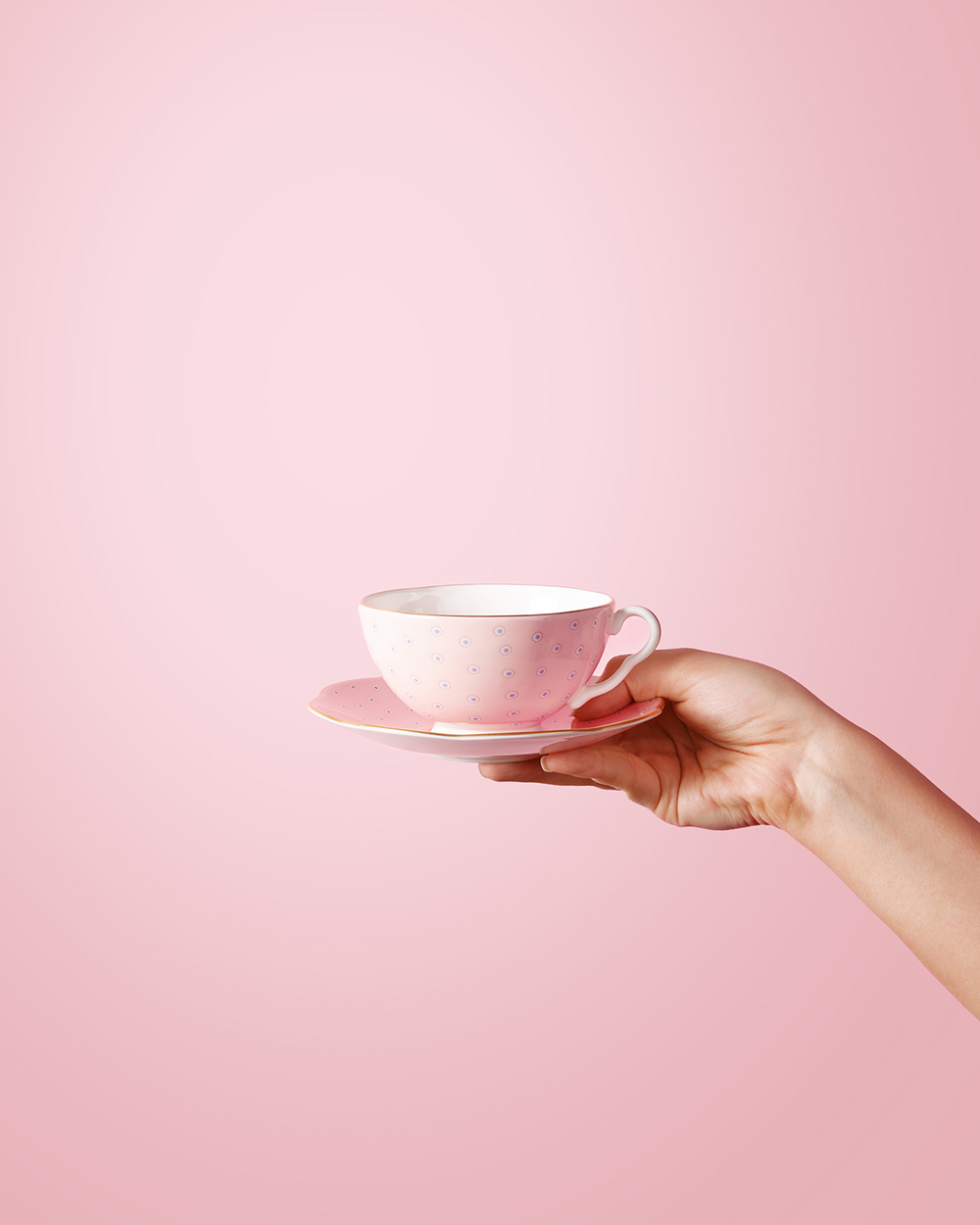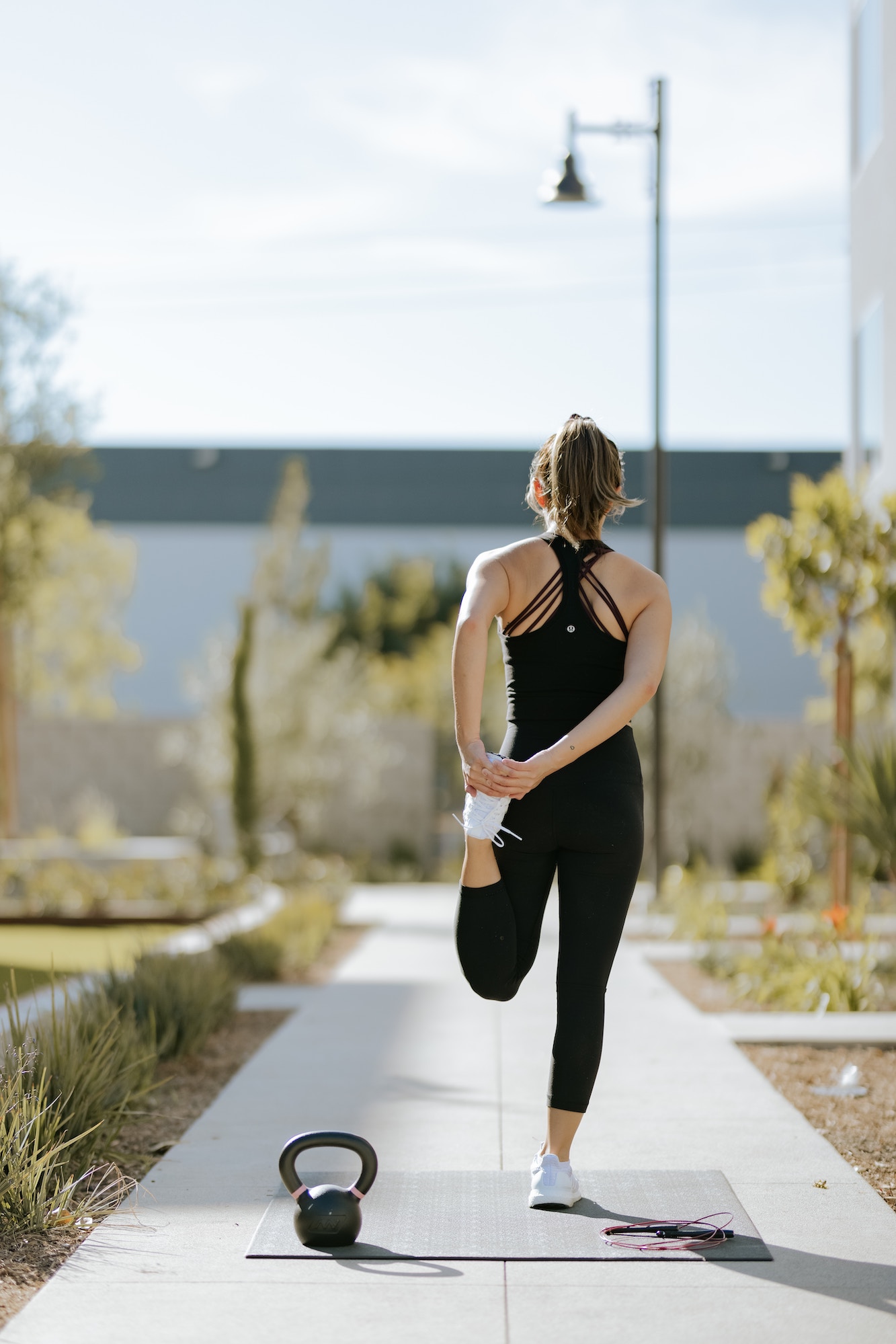We’re seeing a seismic shift in our drinking habits – and millennials are largely to thank.
People choose sobriety for so many reasons. For me, it was the uncertainty. Some days I could stomach it, other days I couldn’t. If I had a tenner for every time I heard someone say “I’m never drinking again” in light of their hangover, teetering bank balance or persistently poor health, I’d be halfway to a home deposit.
But how often do those comments convert into actual ‘teetotal-ing’? Probably very few. After all, drinking is heavily steeped in our nation’s culture. But thanks to millennials, we’re seeing a seismic shift in our drinking habits with studies citing the reduced significance of alcohol to our social lives when compared to our baby boomer parents. The latest findings by the Health Promotion Agency (HPA), indicate that 29 per cent of respondents were drinking less alcohol compared to the previous year, 39 per cent of which were aged 18-24. Furthermore, when asked about recent drinking habits, 4 in 10 adults had considered cutting back but admitted they had no information, nor had they sought information on how to do so.
At one end we have the conventional attitudes at work, attaching a stigma to sobriety. And on the other, the budding ‘Clean Generation’ prioritising health, wellness and being conscious or ‘woke’ to the societal cost and implications of their actions, omitting alcohol for good.
Okay, so tell me more about this ‘Clean Generation’
In a bid for optimal health, a growing portion of society are questioning not only the nutritional value of the food that passes their lips, but the origins and practice involved in providing that food. We are living in a time where labels citing organic, natural, sustainable and superfoods are more often the rule, rather than the exception.
Growing evidence supports that processed and refined foods, on the other hand, fill us with synthetic substances causing fundamental processes, such as hormone production, to get out of sync. (Hello weight gain, acne and mood swings). More to the point, more people are turning to the likes of kombucha in place of soda and alcohol as their beverage of choice for it yields an incredible array of health benefits such as detoxification, improved digestion, immune system stimulation, cancer prevention, energy, weight loss – the list goes on.
Kombucha, a healthy alternative?
Unlike other superfood fads and trends that can often leave you underwhelmed and short on cash, kombucha – a fermented, slightly effervescent sweetened tea – has been brewed for centuries across the globe – namely North Eastern China, Japan and Eastern Europe – with its earliest recording referring to it as “The Tea of Immortality” predating 221 BC. While you’d be forgiven for deeming it a passing trend given its recent soar in popularity, a quick trip down memory lane (aka, Google), will suggest otherwise.
But beware, not all kombucha is created equally, especially when it comes to addressing sugar content. So if you’re ditching the booze to cut back on fattening calories with zero nutritional value, don’t sidestep your hard work by overlooking the nutritional information next time you reach for any given brand of kombucha.
While some of the larger kombucha servings might give you more bang for your buck in terms of gut-loving bacteria to liquid ratio, you could be opening the door to a boatload of sugar to mask all of the, well, fermentation-flavour-ness in the process. For example, a 200ml bottle can yield up to 10.2g of sugar – that’s more than two teaspoons! So if you’re seeking a kombucha that’s high in all of the beneficial gut-loving goodness without all of the sugar, you can’t go past the Amplify Kombucha flavours which – for a generous 330ml bottle – only has 1/4 teaspoon of sugar or less depending on the flavour. #BetterLivingEverybody
How to address the haters
When you’ve made the call to go sober, a part of you may want to scream it from the rooftops. After all, we know that upon signing up to the gym, the more people we tell, the more likely we are to follow through, right? It’s rule number one in the accountability textbook. But what you’ve got to remember about omitting alcohol from your social life is that, unlike signing up to run a marathon, the decision can project on to your mates and your peers in a negative way and is more likely to elicit a discouraging response (but not always!).
That’s why keeping it on the down low or simply not going on about it can reduce the number of confronting conversations you might find yourself in during your initial transition.
![]()
When I transitioned to go sans-alcohol, I learned the hard way that rocking out at a house party with a water bottle wasn’t my greatest idea. The hack (at least until you’ve developed a thick skin anyway) is to appear as though you are drinking. And no, behaving drunk is not where I’m going with this. Rather, pour your water into a lowball glass with a wedge of lemon (to the intoxicated eye this is obviously a G&T). Or, if you’re like me and you’re ditching booze in a shotgun attempt to pull your health into line, do yourself a favour and swig from a bottle of kombucha. My favourite is Amplify Kombucha because their bottles could easily pass for craft beer *wink face emoji* – plus my favourite flavour, Ginger Lemon, has less than one gram of sugar per bottle.

![]()
In conclusion
While many of us can admit that alcohol is doing more harm than good to our lives, some of us are still reluctant to take a break. Perhaps, the problem isn’t the hangover, the weight gain or insufficient funds; it’s that we’ve never learned to have fun without alcohol. The stigma attached to sobriety has stemmed from dependency. Seeing other people have fun sober could both inspire and motivate someone to embrace #onthewaters, or it could, unknowingly, evoke self-remorse ultimately making them coerce against sobriety. Now that I’m 16 months deep into my exclusive little Sobriety Society club, I’ve weathered opinions from every direction harder than hits to a pinball. But I’ve come out the other side with friendships that are genuine, relationships that are ride or die, memories that I’ll never forget and the best health I’ve ever had. So pick your battles, pick up your bottle of ‘booch’, and be prepared for things to change knowing that it’s all worth it.
Words: Terri Dunn
Photos Getty Images and Instagram
This article was brought to you by Amplify Kombucha.






